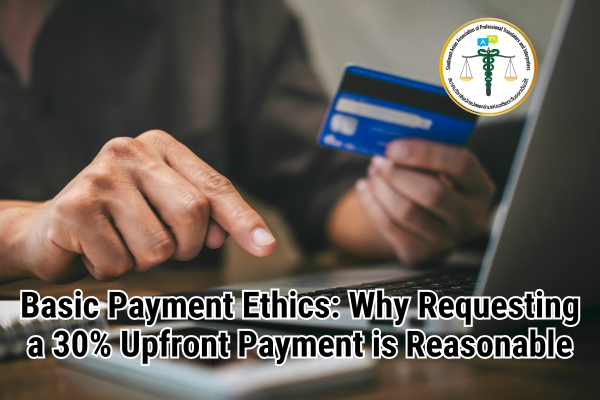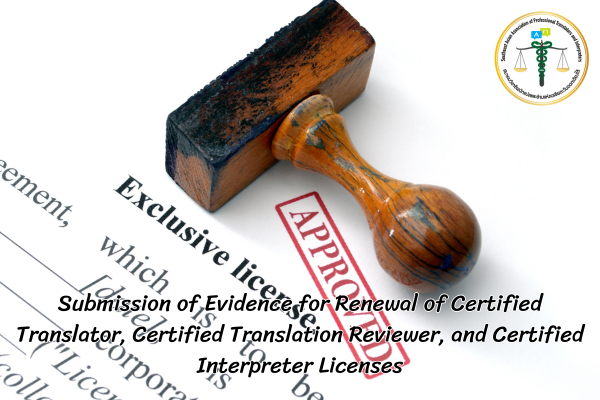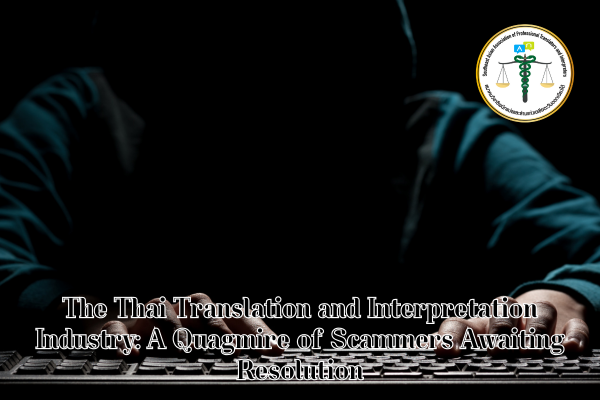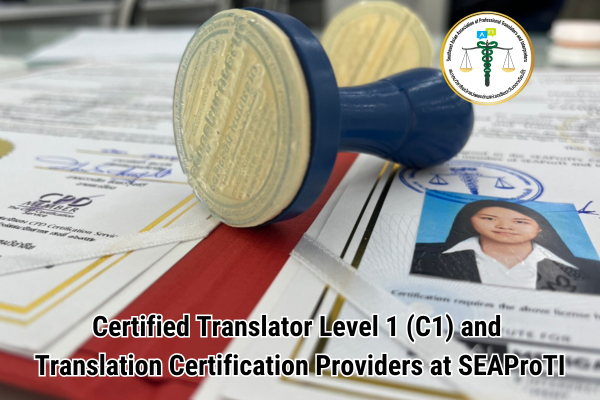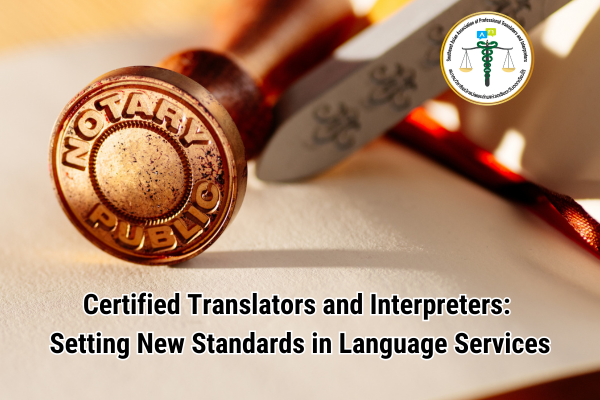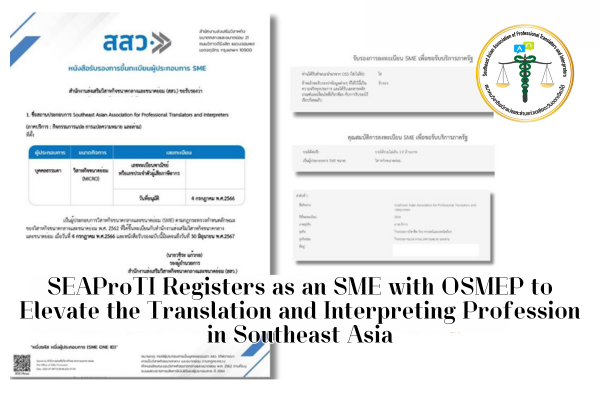Proposed Debt Collection Act: A Significant Step Toward Consumer Protection in Thailand
12 February 2025, Bangkok – In mid-last year, the National Legislative Assembly of Thailand voted to accept the proposed Debt Collection Act in principle. This act is a significant development in protecting consumer rights, drawing inspiration from similar laws in the United States and Australia. Its primary objective is to prevent creditors and debt collectors from using unfair practices or engaging in conduct that intimidates or harasses debtors. The proposed law outlines key regulations to ensure that debt collection activities adhere to legal standards. It mandates registration for individuals and entities engaged in the debt collection business and establishes a supervisory commission to oversee their practices.
Key Principles of the Proposed Debt Collection Act
Under this proposed law, a “debt collector” is broadly defined as any legal entity that extends credit in the ordinary course of business or any person authorized by such an entity. This definition also includes anyone directly involved in debt collection activities. Individuals or businesses wishing to operate as debt collectors must register with the Fiscal Policy Office and pay a registration fee in accordance with government regulations.
The law strictly limits contact with third parties. Debt collectors are prohibited from contacting third parties unless those individuals have been specifically designated by the debtor. Even in such cases, the contact must be limited to obtaining information about the debtor’s location, without disclosing that the inquiry is related to debt collection.
When contacting the debtor directly, debt collectors must comply with specific guidelines. They are only allowed to contact the debtor at the location and during the time period specified by the debtor, between 9:00 a.m. and 8:00 p.m. Debt collectors must clearly disclose their name, office, creditor’s name, and the amount of debt. If the debtor pays the debt through the collector, such payment will be considered a lawful discharge of the debt.
Prohibited Actions and Restrictions
The proposed law strictly prohibits debt collectors from using threats, violence, or abusive language. They are also barred from disclosing debt information to third parties or contacting debtors through postcards. Moreover, debt collectors must not engage in deceptive practices, such as misrepresenting themselves as court officials, government officers, or attorneys. They are also forbidden from charging interest rates higher than those permitted by law or persuading debtors to sign checks if they are aware that the debtor is unable to pay.
This legislation aims to create a fairer environment for debtors while presenting complex legal challenges for businesses in Thailand. It is advisable for business operators to seek guidance from qualified legal counsel to ensure compliance with this new law.
The Role of Certified Interpreters and Translation Certifiers in Debt Collection Activities
In legal processes related to the Debt Collection Act, certified interpreters, translation certifiers, and certified translators from the Southeast Asian Association of Professional Translators & Interpreters (SEAProTI) play a crucial role in ensuring accuracy and clarity in communication and documentation, particularly when debtors or creditors do not understand Thai or face communication barriers.
Certified interpreters facilitate clear and accurate communication during negotiations or legal proceedings, helping both parties fully understand the legal requirements and terms of the proposed law. This may include assisting foreign debtors with legal consultations, explaining key aspects of the law, or interpreting documents related to registration and communication with government agencies.
Additionally, using translation certifiers from professional associations like SEAProTI ensures that documents used in legal processes meet international standards and are recognized by Thai courts and government agencies. Certified translations minimize the risk of misinterpretation, enhance transparency, and provide credibility in legal matters.
Why Businesses Should Utilize Certified Interpreters and Translators
Businesses involved in debt collection should recognize the importance of working with certified interpreters and translation certifiers. This ensures that every step of the process is legally compliant, reduces the risk of legal disputes, and builds organizational credibility. Certified professionals from SEAProTI can help businesses navigate complex legal procedures while maintaining accuracy and fairness in all communications.
Conclusion
The proposed Debt Collection Act is a crucial step toward safeguarding consumer rights in Thailand from abusive and unfair debt collection practices. At the same time, businesses must prepare for the changes and ensure their operations comply with the new legal framework. Engaging the services of certified interpreters and translation certifiers from SEAProTI will help businesses operate smoothly, reduce legal risks, and ensure compliance with all regulatory requirements.
SEAProTI’s certified translators, translation certification providers, and certified interpreters:
The Southeast Asian Association of Professional Translators and Interpreters (SEAProTI) has officially announced the criteria and qualifications for individuals to register as “Certified Translators,” “Translation Certification Providers,” and “Certified Interpreters” under the association’s regulations. These guidelines are detailed in Sections 9 and 10 of the Royal Thai Government Gazette, issued by the Secretariat of the Cabinet under the Office of the Prime Minister of the Kingdom of Thailand, dated July 25, 2024, Volume 141, Part 66 Ng, Page 100.
To read the full publication, visit the Royal Thai Government Gazette
ร่างพระราชบัญญัติการทวงถามหนี้: ก้าวสำคัญเพื่อคุ้มครองผู้บริโภคในประเทศไทย
12 กุมภาพันธ์ 2568, กรุงเทพมหานคร – ในช่วงกลางปีที่ผ่านมา สภานิติบัญญัติแห่งชาติของประเทศไทยได้ลงมติรับหลักการของ ร่างพระราชบัญญัติการทวงถามหนี้ ซึ่งนับเป็นก้าวสำคัญในการคุ้มครองสิทธิของผู้บริโภค โดยมีการยึดแนวทางจากกฎหมายที่คล้ายคลึงกันในประเทศสหรัฐอเมริกาและออสเตรเลีย พระราชบัญญัตินี้มีจุดประสงค์เพื่อป้องกันไม่ให้เจ้าหนี้และผู้ทวงถามหนี้ใช้วิธีการที่ไม่เป็นธรรม หรือกระทำการที่เป็นการคุกคามลูกหนี้ ทั้งนี้ ร่างกฎหมายดังกล่าวได้กำหนดแนวทางสำคัญในการควบคุมการทวงถามหนี้ให้เป็นไปตามมาตรฐานทางกฎหมาย โดยต้องมีการขึ้นทะเบียนผู้ประกอบธุรกิจทวงถามหนี้และมีคณะกรรมการกำกับดูแลกิจกรรมเหล่านี้อย่างใกล้ชิด
หลักการสำคัญของร่างพระราชบัญญัติการทวงถามหนี้
ในร่างพระราชบัญญัตินี้ “ผู้ทวงถามหนี้” ถูกกำหนดให้หมายถึง นิติบุคคลที่ให้สินเชื่อในทางธุรกิจปกติ หรือบุคคลใดก็ตามที่ได้รับมอบอำนาจจากนิติบุคคลดังกล่าว รวมถึงผู้ที่ประกอบกิจการทวงถามหนี้โดยตรง ผู้ที่ต้องการประกอบกิจการทวงถามหนี้จะต้องลงทะเบียนกับสำนักงานเศรษฐกิจการคลังและชำระค่าธรรมเนียมตามข้อกำหนดของภาครัฐ
ในส่วนของการติดต่อบุคคลที่สาม ร่างกฎหมายกำหนดไว้อย่างเคร่งครัดว่าผู้ทวงถามหนี้จะไม่สามารถติดต่อบุคคลที่สามได้ ยกเว้นในกรณีที่ลูกหนี้ได้ระบุบุคคลนั้นไว้โดยตรง อย่างไรก็ตาม ผู้ทวงถามหนี้สามารถสอบถามข้อมูลเกี่ยวกับสถานที่ติดต่อของลูกหนี้ได้เท่านั้น โดยจะต้องไม่เปิดเผยวัตถุประสงค์ในการติดต่อว่าเป็นเรื่องเกี่ยวกับการทวงถามหนี้
สำหรับการติดต่อกับลูกหนี้โดยตรง ผู้ทวงถามหนี้จะต้องติดต่อในสถานที่และเวลาที่ลูกหนี้ระบุไว้เท่านั้น โดยช่วงเวลาที่สามารถติดต่อได้คือตั้งแต่เวลา 09:00 น. ถึง 20:00 น. อีกทั้งผู้ทวงถามหนี้ต้องแจ้งชื่อตนเอง ชื่อสำนักงาน ชื่อเจ้าหนี้ และยอดหนี้ให้ลูกหนี้ทราบอย่างชัดเจน ในกรณีที่ลูกหนี้ชำระหนี้ผ่านผู้ทวงถามหนี้ การชำระเงินนั้นจะถือว่าเป็นการชำระหนี้อย่างถูกต้องตามกฎหมาย
ข้อห้ามและข้อปฏิบัติที่ชัดเจน
ผู้ทวงถามหนี้ถูกห้ามมิให้ใช้คำขู่ ความรุนแรง หรือถ้อยคำดูถูกเหยียดหยาม รวมถึงการเปิดเผยข้อมูลเกี่ยวกับหนี้ให้บุคคลที่สามทราบ นอกจากนี้ยังห้ามติดต่อผ่านบัตรไปรษณีย์หรือใช้ข้อมูลที่เป็นเท็จ เช่น ทำให้ลูกหนี้เข้าใจผิดว่าการทวงถามหนี้เป็นการดำเนินการโดยศาล เจ้าหน้าที่ของรัฐ หรือทนายความ ผู้ทวงถามหนี้ยังถูกห้ามไม่ให้เรียกเก็บดอกเบี้ยในอัตราที่เกินกว่าที่กฎหมายกำหนด และไม่สามารถชักจูงให้ลูกหนี้ลงนามในเช็ค ทั้งที่ทราบดีว่าลูกหนี้ไม่สามารถชำระเงินได้
กฎหมายฉบับนี้จะช่วยสร้างความเป็นธรรมให้แก่ลูกหนี้ และในขณะเดียวกันก็เป็นความท้าทายทางกฎหมายที่ซับซ้อนสำหรับธุรกิจต่าง ๆ ในประเทศไทย ดังนั้นผู้ประกอบการจึงควรปรึกษาผู้เชี่ยวชาญด้านกฎหมายเพื่อทำความเข้าใจผลกระทบและแนวทางในการปฏิบัติตามกฎหมายใหม่ฉบับนี้
บทบาทของล่ามรับรองและผู้รับรองการแปลในการดำเนินการตามพระราชบัญญัติการทวงถามหนี้
ในกระบวนการที่เกี่ยวข้องกับกฎหมายการทวงถามหนี้ ล่ามรับรอง ผู้รับรองการแปล และนักแปลรับรองจากสมาคมวิชาชีพล่ามและนักแปลแห่งเอเชียตะวันออกเฉียงใต้ (SEAProTI) มีบทบาทสำคัญในการอำนวยความสะดวกและสร้างความถูกต้องในเอกสารที่เกี่ยวข้อง โดยเฉพาะในกรณีที่ลูกหนี้หรือเจ้าหนี้เป็นบุคคลที่ไม่เข้าใจภาษาไทยหรือมีข้อจำกัดทางการสื่อสาร
ล่ามรับรองมีหน้าที่ช่วยถ่ายทอดความเข้าใจในระหว่างการเจรจาหรือการดำเนินการทางกฎหมายเพื่อให้ทั้งสองฝ่ายเข้าใจข้อมูลและข้อกำหนดของกฎหมายอย่างถูกต้อง ไม่ว่าจะเป็นการให้คำปรึกษากับลูกหนี้ชาวต่างชาติ การถ่ายทอดข้อมูลสำคัญของร่างพระราชบัญญัติ หรือการแปลเอกสารที่เกี่ยวข้องกับการจดทะเบียนและการติดต่อกับหน่วยงานภาครัฐ
นอกจากนี้ การใช้ผู้รับรองการแปลจากสมาคมวิชาชีพอย่าง SEAProTI ยังช่วยให้มั่นใจว่าเอกสารที่ใช้ในกระบวนการทางกฎหมายนั้นถูกต้องตามมาตรฐานสากลและได้รับการยอมรับโดยหน่วยงานรัฐและศาลไทย เอกสารที่ผ่านการรับรองจากผู้เชี่ยวชาญเหล่านี้จะช่วยลดความเสี่ยงจากความเข้าใจผิด และเพิ่มความโปร่งใสในกระบวนการต่าง ๆ
ธุรกิจที่เกี่ยวข้องกับการทวงถามหนี้ควรตระหนักถึงความสำคัญของล่ามรับรองและผู้รับรองการแปล เพื่อให้มั่นใจว่าการดำเนินการทุกขั้นตอนเป็นไปอย่างถูกต้องตามกฎหมาย ลดความเสี่ยงในการถูกฟ้องร้อง และช่วยสร้างความน่าเชื่อถือให้กับองค์กร
สรุป
ร่างพระราชบัญญัติการทวงถามหนี้นับว่าเป็นก้าวสำคัญในการคุ้มครองสิทธิของผู้บริโภคไทยจากการถูกคุกคามหรือเอาเปรียบจากผู้ทวงถามหนี้ ในขณะเดียวกัน ธุรกิจต่าง ๆ ก็ควรเตรียมความพร้อมในการปรับตัวเพื่อให้สอดคล้องกับข้อกำหนดทางกฎหมายใหม่ โดยการใช้บริการของล่ามรับรองและผู้รับรองการแปลจากสมาคม SEAProTI จะช่วยให้การดำเนินงานเป็นไปอย่างราบรื่นและถูกต้องตามหลักเกณฑ์ทางกฎหมาย ลดความเสี่ยงและสร้างความไว้วางใจในกระบวนการทั้งหมด
เกี่ยวกับนักแปลรับรอง ผู้รับรองการแปล และล่ามรับรองของสมาคมวิชาชีพนักแปลและล่ามแห่งเอเชียตะวันออกเฉียงใต้
สมาคมวิชาชีพนักแปลและล่ามแห่งเอเชียตะวันออกเฉียงใต้ (SEAProTI) ได้ประกาศหลักเกณฑ์และคุณสมบัติผู้ที่ขึ้นทะเบียนเป็น “นักแปลรับรอง (Certified Translators) และผู้รับรองการแปล (Translation Certification Providers) และล่ามรับรอง (Certified Interpreters)” ของสมาคม หมวดที่ 9 และหมวดที่ 10 ในราชกิจจานุเบกษา ของสำนักเลขาธิการคณะรัฐมนตรี ในสำนักนายกรัฐมนตรี แห่งราชอาณาจักรไทย ลงวันที่ 25 ก.ค. 2567 เล่มที่ 141 ตอนที่ 66 ง หน้า 100 อ่านฉบับเต็มได้ที่: นักแปลรับรอง ผู้รับรองการแปล และล่ามรับรอง



